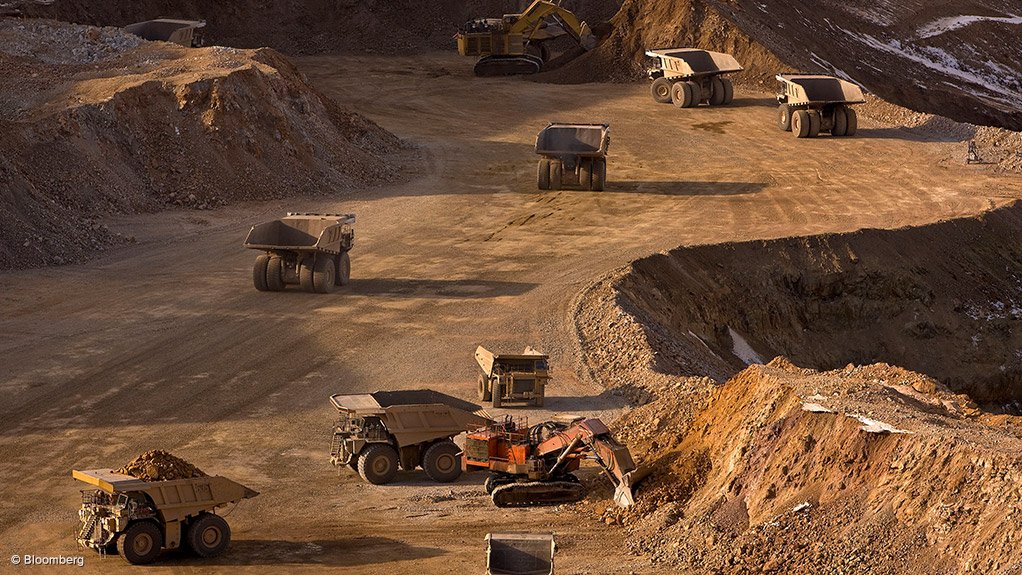
Photo by: Bloomberg
PERTH (miningweekly.com) – The Minerals Council of Australia (MCA) has launched a defence of foreign investment into the Australian resources sector, saying it has been critical to Australia’s unparalleled 27 years of continuous economic growth.
The organisation says that there is a populist view that foreign investment is bad for Australia and that it takes away jobs and sends profit out of the country.
However, MCA CEO Tania Constable pointed out on Monday that the value of foreign direct investment (FDI) in Australia's resources sector increased eight-fold between 2001 and 2017, from A$36.8-billion to A$315.3-billion.
“The resources sector is the largest destination of FDI, accounting for more than 37%. Over the same period, the number of Australians directly employed in the resources sector grew from about 80 000 to 220 000,” said Constable.
“And the value created by FDI in minerals is overwhelmingly retained in Australia, with 77% of revenues earned by the nation's major iron-ore producers staying in Australia as payments to suppliers or taxes and royalties to governments.”
In 2017/18 export income from resources and energy was A$221-billion, or 55% of the total income earned from trading in goods and services. That income supported the jobs and families of nearly one-million Australians, with the majority of those living in rural and regional Australia, she added.
“Every one of us, whether we live in regional or metropolitan Australia, directly benefits from mining and its products. We benefit from the A$203.6-billion in company tax and royalties paid by mining companies in the 12 years between 2005-06 and 2016-17. In 2016-17 alone, A$23.3-billion in company tax and royalties – or an effective tax rate of 51% – helped fund our teachers, healthcare professionals and hospital staff, police and firefighters.”
Constable pointed out that the investment in technology research was often co-funded by the companies that invested in Australia’s resources projects as they sought to meet the demand for minerals and energy at home.
“Six decades of investment by Japan have built a platform of cooperation on advanced manufacturing, tourism, infrastructure, information and communication technology, finance and agribusiness and a two-way investment relationship of A$322-billion.
“In 2016 there were 421 Japanese companies and subsidiaries operating in Australia, with the top 100 companies employing more than 58 000 people.”
Constable noted that without foreign investment, Australians would not have enjoyed the transfers of technology, skills and capabilities and access to global supply chains and export markets that have increased average household real income by A$8 448 a year between 1986 and 2016.
“For the past 40 years foreign investment has filled the shortfall in the country's capital requirements, averaging 4% of gross domestic product (GDP). But we can't afford to be complacent, as the annual review of investment by the United Nations Conference on Trade and Development shows global direct investment flows to Australia fell sharply by 23% in 2017 to 2.4% of global GDP.
“Without foreign investment, Australia would need to take on additional debt or forgo the benefits of finance and technology inflows, and we will all be the poorer for it.”